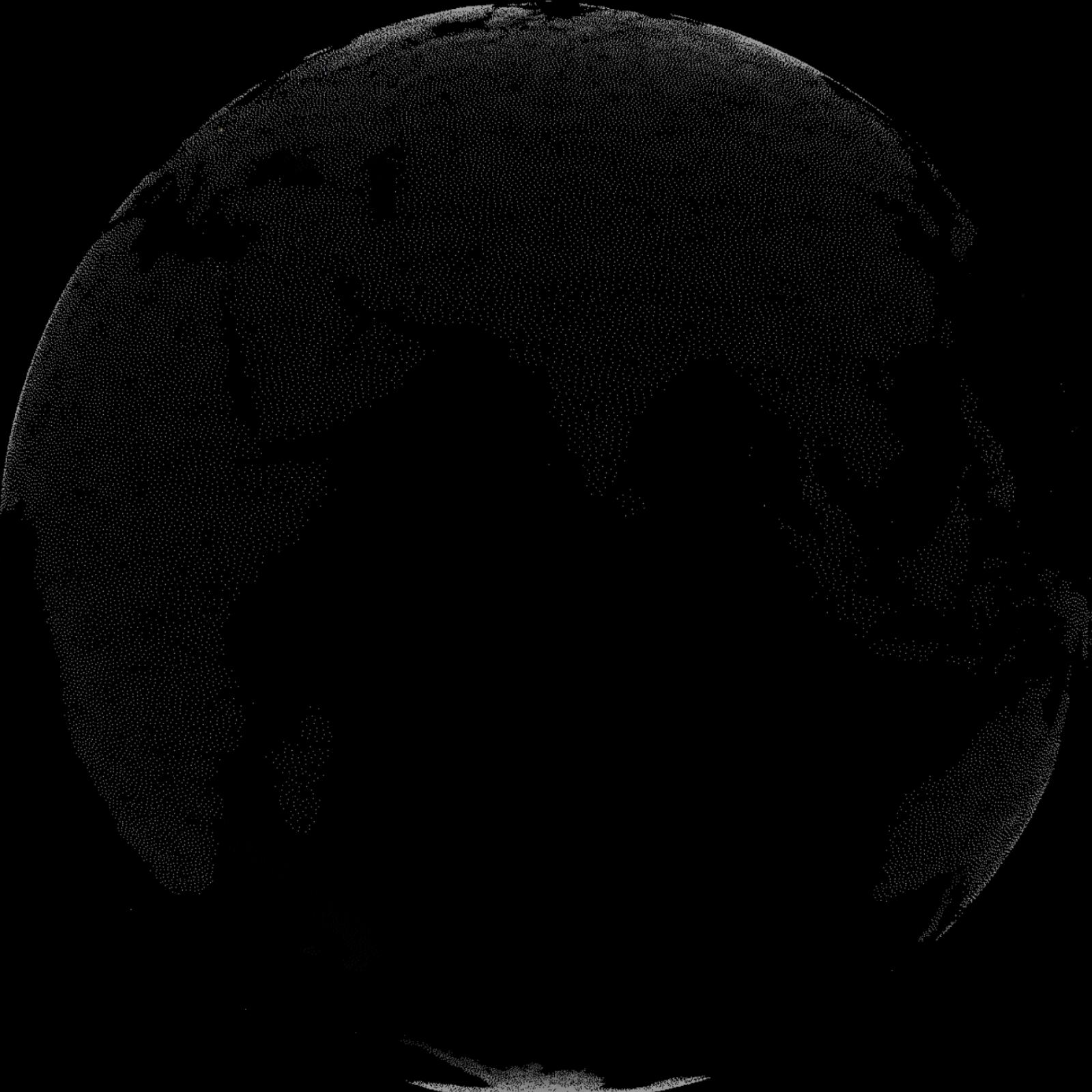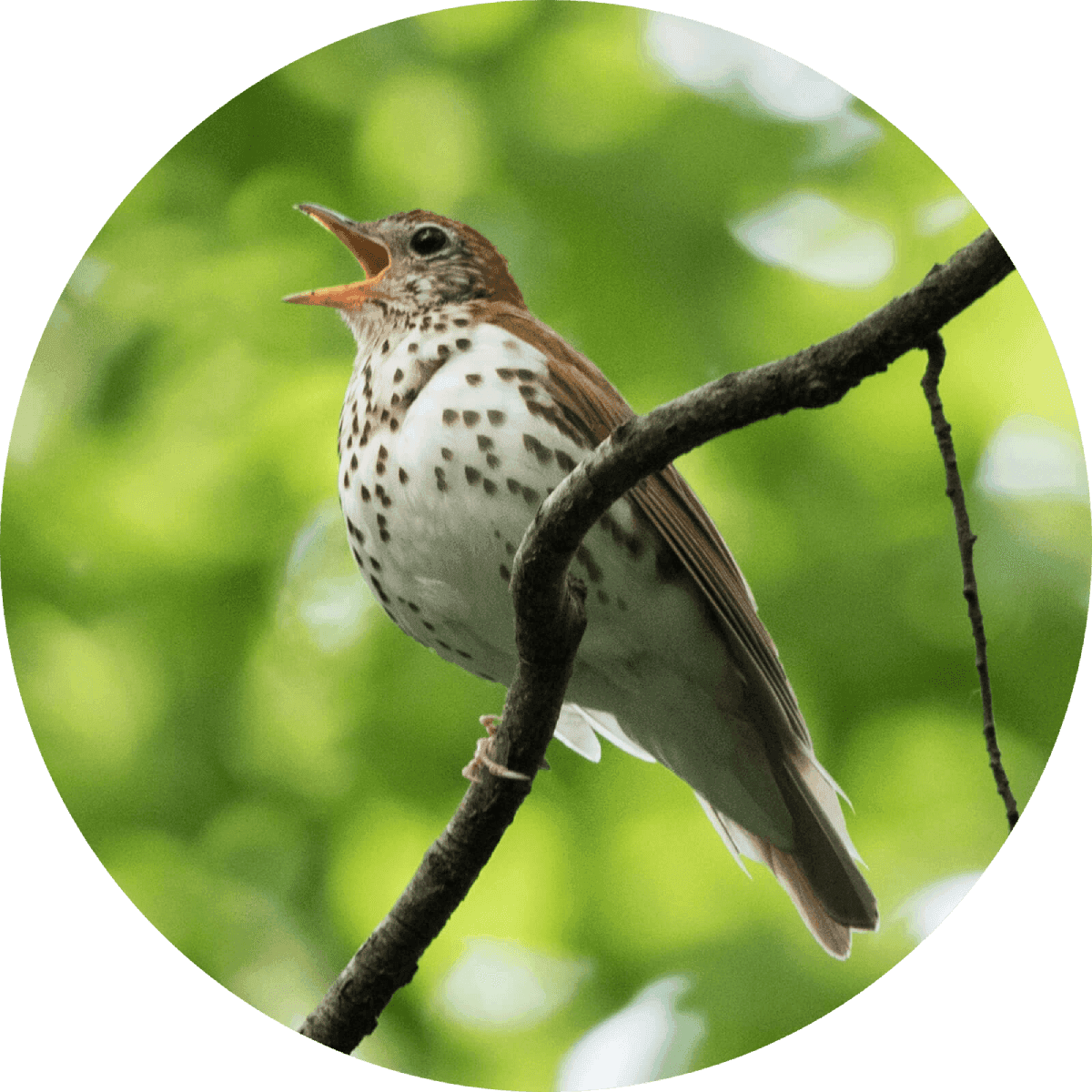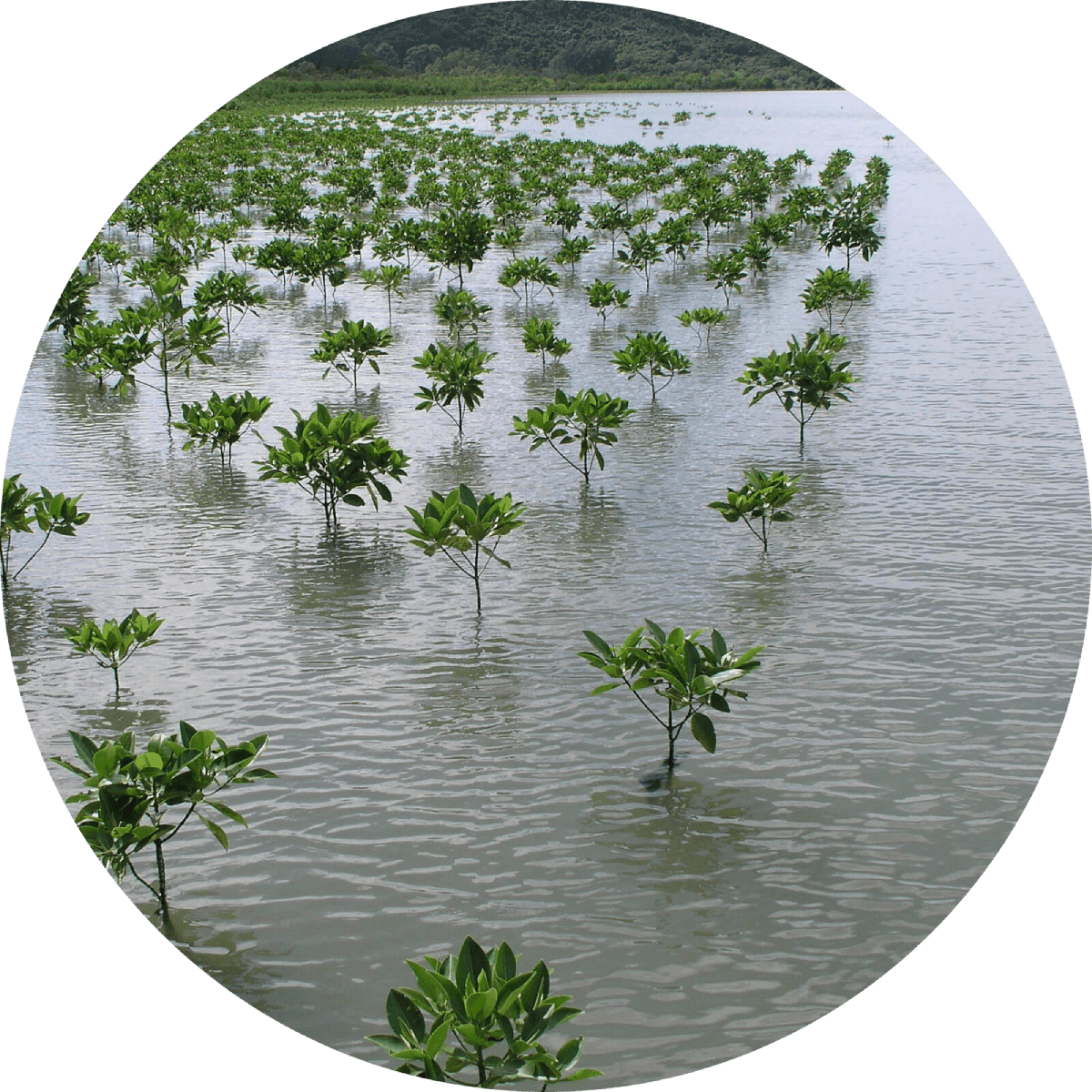Island Extinctions, Mauritius
1662 CE - 1975 CE
The vibrant ecosystem of the island of Mauritius, situated in the southwestern Indian Ocean, boasts a unique blend of lush rainforests, diverse marine life, and endemic species, making it a biodiversity hotspot. "Like many islands, Mauritius is home to hundreds of unique species, but introduced animals and habitat destruction puts their survival in peril. This makes Mauritian plants some of the most threatened in the world. It is estimated that just 4.4% of the island's original habitats are left, with many plants now at risk of disappearing forever . . . The high risk of extinction is, in part, linked to the loss of native species that used to spread the plants' seeds . . . While the number of fruit-eating species living on the island has actually increased slightly over the past four centuries, the ability of these animals to spread seeds has significantly declined . . . One of the main reasons for this is size. Mauritius used to be home to large fruit-eating species such as giant tortoises and the do do, but following their extinction only a handful remain. The surviving native species are much smaller, while most of the animals that have been introduced also aren't that big. As a result, Mauritian frugivores are around half as big than they used to be. This means that while small-seeded plants are still being spread, species with bigger seeds only have one or two animal dispersers that they rely on."
James Ashworth, "Extinctions on the island of the dodo are pushing plants towards extinction," Natural History Museum, March 16, 2023.


Learn about Maya Lin’s fifth and final memorial: a multi-platform science based artwork that presents an ecological history of our world - past, present, and future.

Discover ecological histories and stories of former abundance, loss, and recovery on the map of memory.

Learn how we can reduce our emissions and protect and restore species and habitats – around the world.

See how art can help us rethink the problems we face, and give us hope that each one of us can make a difference.

Help make a global memorial something personal and close to home. Share your stories of the natural world.